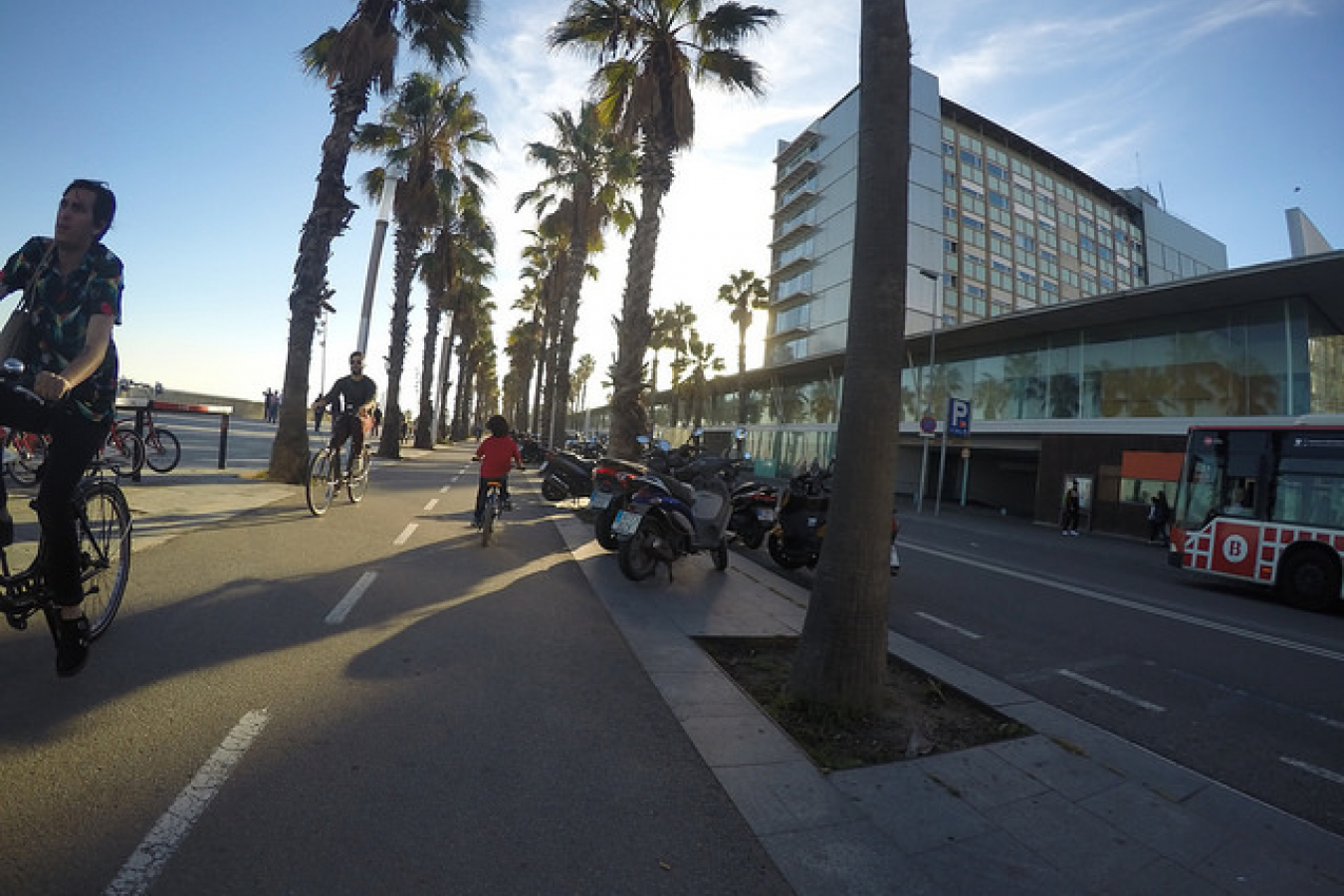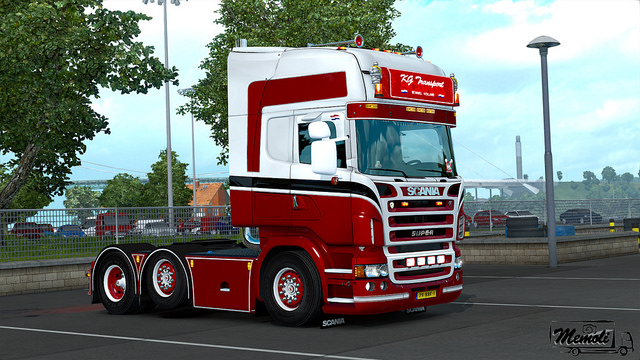A newly published labour force study, funded by Australia's federal government, has found that the Australian skilled immigration system is failing skilled migrant women who have emigrated as the spouse of an Australian visa holder. According to the study, thousands of female skilled migrants struggle to join the Australian workforce or see their careers grind to a halt because they're forced into low-income jobs.
Skilled migrant women, granted Australian partner visas because their spouse holds an Australian skilled immigration visa - such as the Skilled Independent visa (subclass 189) – are being labelled as the underutilised 'hidden assets of Australia' by the study's researchers.
The study asserts that the professional skills and potential value of skilled migrant women are not being tapped into as much as they should be. The report, conducted by Australian migration agency AMES, concludes that focus is needed on helping skilled migrant women into work, which would help to utilise the large pool of talent currently going to waste.
Those on Australian Partner visas "Hidden from view"
An excerpt from the AMES report, reads: "They are hidden from view, where their role has shifted from being, in many instances, a paid, well-educated professional to being domesticated as wives, spouses and partners."
Dr Lisa Thomson, the lead researcher for the report, said that 'partner-migrants' – so-named because they are women who are secondary migrants in Australian skilled immigration visa streams or primary applicants in the family stream – are too often labelled as 'trailing spouses' and not considered as 'potentially valuable assets to Australia's economy.'
Dr Thomson went on to state that with continuous help from government-funded services and participation from employers, these women can prepare for the employment market and become available to fill vacancies in sectors where there are known skills shortages. Plus it will, as she describes it, 'enrich the settlement process, mitigate the risk of social isolation and make the transition into Australian life much easier.'
Case study – Ying Wa Choi
To emphasise the plight of skilled migrant women - with partner visas – who are struggling to secure jobs, the AMES report features a case study. Ying Wa Choi arrived in Australia from Hong Kong in 2011. She now lives with her husband in the south-east region of Melbourne.
Holding a US university degree, fluent in three languages and highly experienced in banking, finance and IT, Ms Choi expected to soon reap the benefits of having a partner visa, based on her husband having an Australian skilled immigration visa, thinking it wouldn't take too long to secure a job.
Yet, Ms Choi described how she spent four years looking for a job, without success. She said: "I didn't have any luck and began feeling very depressed. Even though this was now my country, I never experienced looking for a job to be this difficult in Hong Kong. I just didn't understand why it was so hard for me."
She went on to secure volunteer work before finding part-time work as a personal banker at the Australia and New Zealand Banking Group (ANZ), but that only happened in 2015. She said: "I endured a lot before I saw some light in the dark hole. Now I feel blessed and I would say to other women to never give up hope."
Immigrants on Australian Partner Visas underutilised
Between 2010 and 2015, the study found that more than 157,000 women, aged 18 or over, had migrated to Australia via the family stream, the majority being spouses or partners. Over 181,000 skilled migrant women arrived in Australia in the skilled stream, of which, over 70 per cent were married or partnered with an Australian skilled immigration visa holder.
AMES researchers recorded the views and experiences of 63 new migrant women who had arrived in Australia on a partner visa, plus the views of employers. The research found that partner migrants of Australian skilled immigration visa holders face several hurdles to the employment market.
A spokeswoman for the Department of Prime Minister and Cabinet said: "The participation of women in the Australian workforce is crucial to the country's economic growth and future prosperity. Women from culturally and linguistically diverse backgrounds are 50 per cent more likely as those born in Australia to face unemployment, which is why the department provided $110,000 to AMES to conduct this research.
"The department supports the report's recommendations in principle, including practical interventions to support women partner migrants to gain employment, piloting an early intervention program and producing information to help migrant women find jobs," the spokeswoman added.
Workpermit.com can help with Australian skilled immigration visas and other visa schemes
For help and advice on Australian visas call 0344 991 9222 or email - ozvisa@workpermit.com




